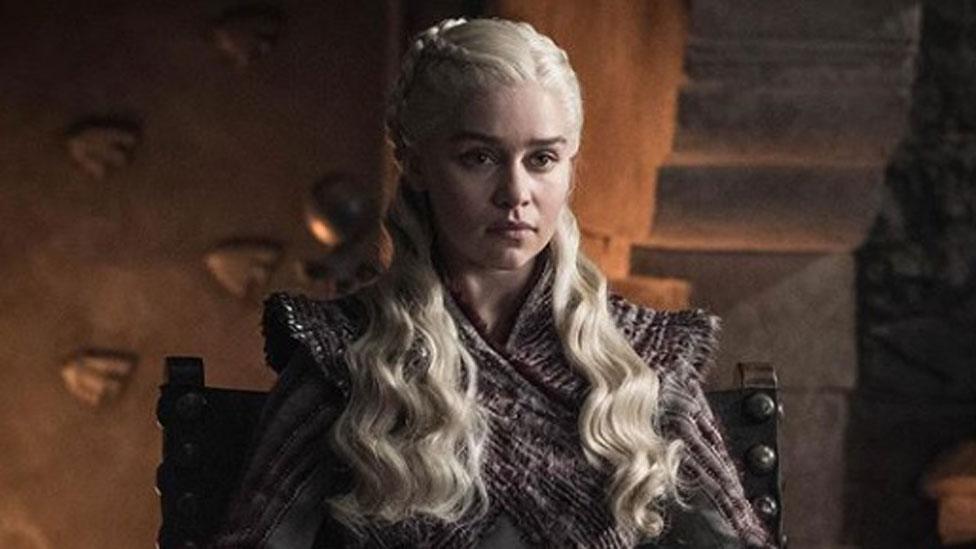Game of Thrones: How the women of Westeros took centre stage
- Published
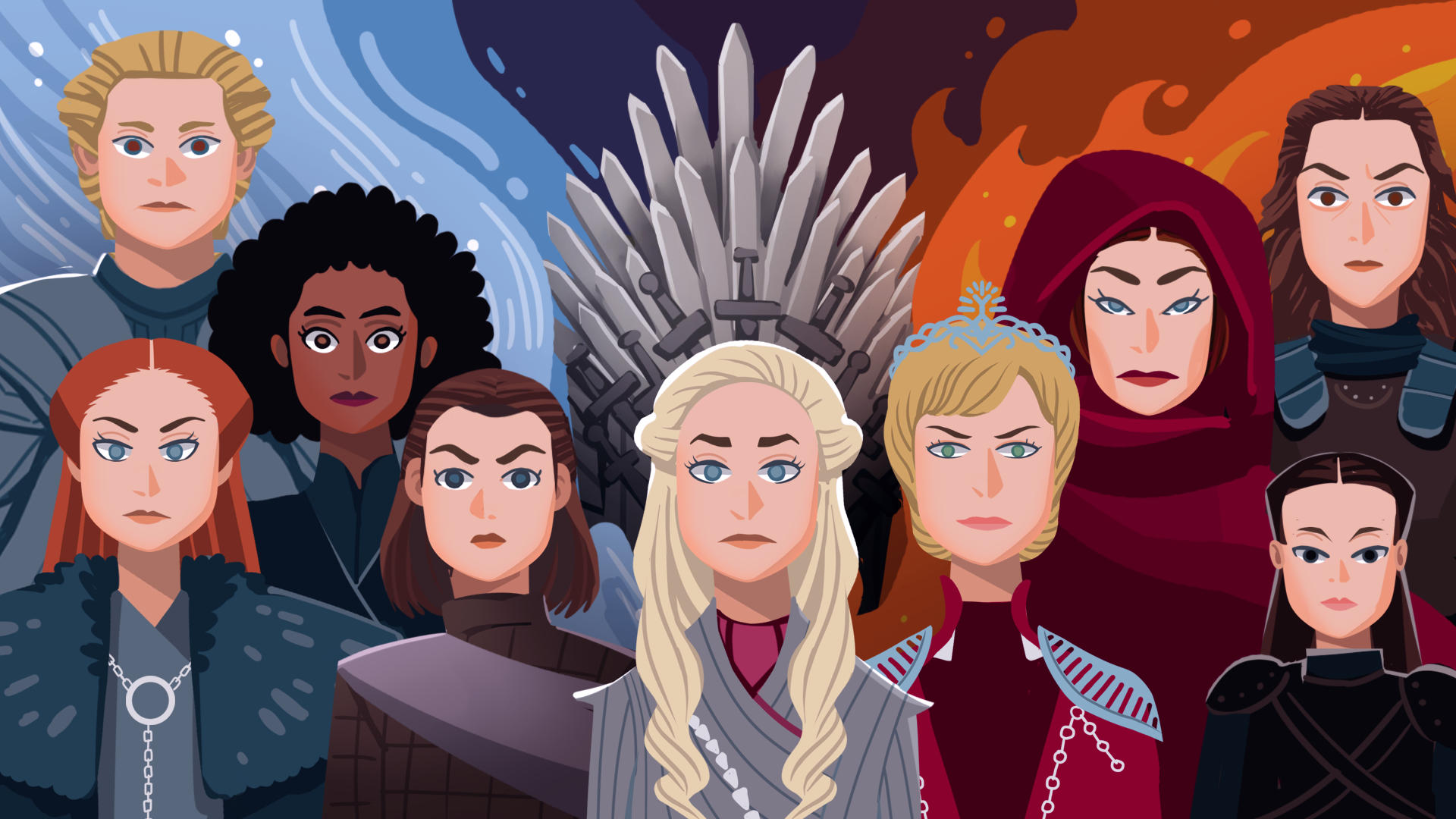
Say what you will about the plotlines, but there was no denying that the eighth and final season of Game of Thrones belonged to the women of Westeros.
Sure, there were major issues with many character arcs, external, but it was clear the hugely popular TV show's final moments were all about its dynamic female cast.
From Daenerys Targaryen to Lyanna Mormont, women took centre stage while the men took a back seat.
All good things must come to an end, with the show's final episode airing in the US on 19 May and the following day in the UK.
But before we bid goodbye to Game of Thrones, let's take a look back at the historic female moments that changed the history of Westeros.
Warning: The night is dark and full of spoilers. If you haven't caught up with the show, it's best you look away. Otherwise, read on.

Long May She Reign (fire and blood)
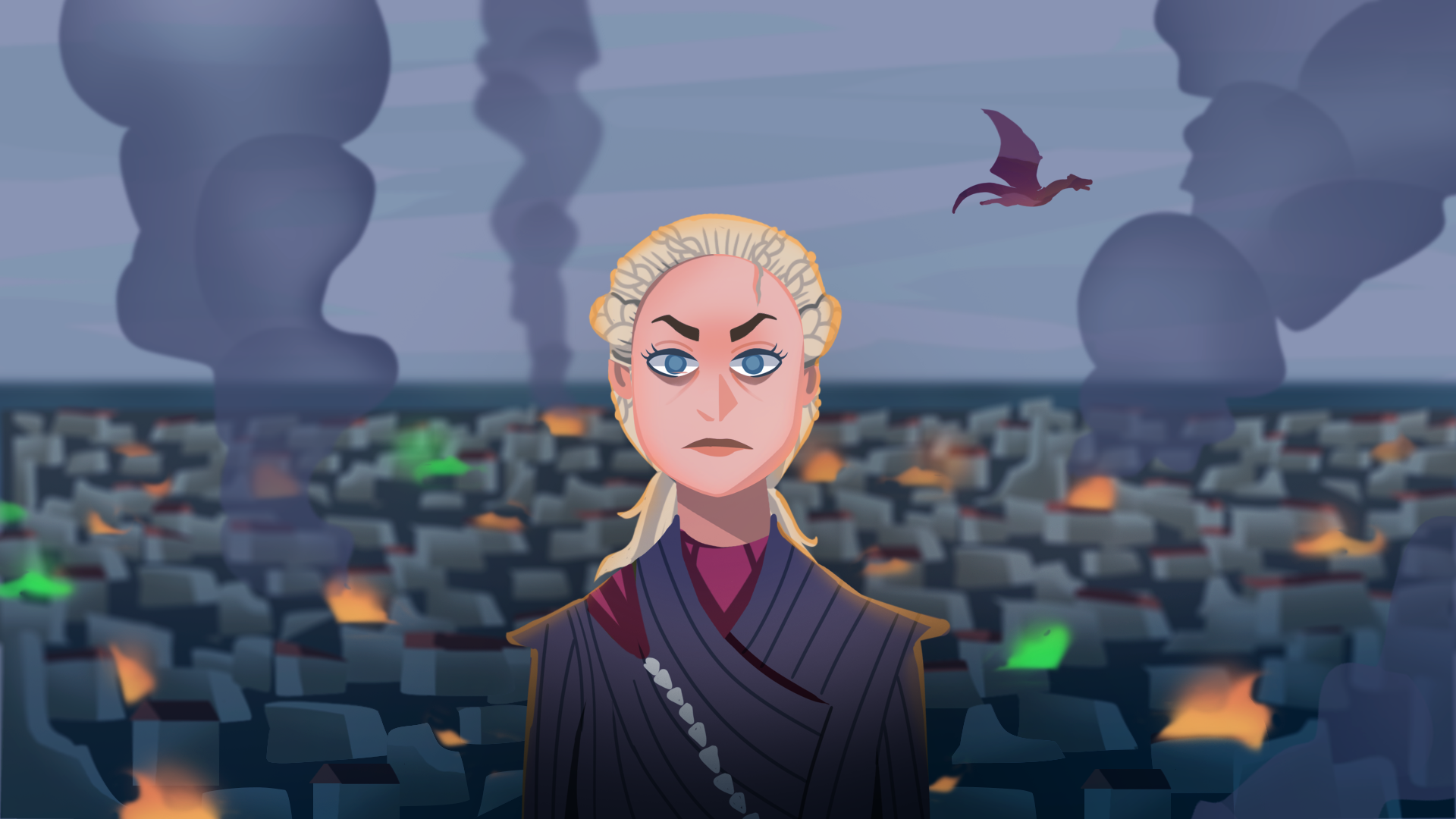

As the saying goes: "Every time a Targaryen is born, the gods toss a coin in the air and the world holds its breath to see how it will land."
The fandom held high hopes for Daenerys Targaryen to build and establish a new world order.
But after experiencing betrayal and multiple losses, things took a dramatic turn for the grieving dragon queen.
She wasted no time in destroying the capital King's Landing with dragon fire, despite the city's desperate surrender.
Fan reaction to Daenerys's murder spree ranged from outrage to outright disappointment.
"What she did to civilians was [equal to] genocide and crimes against humanity," tweeted lawyer Lim Wei Jiet, external. Another fan said: "Daenerys was the Breaker of Chains and I am disappointed in her."

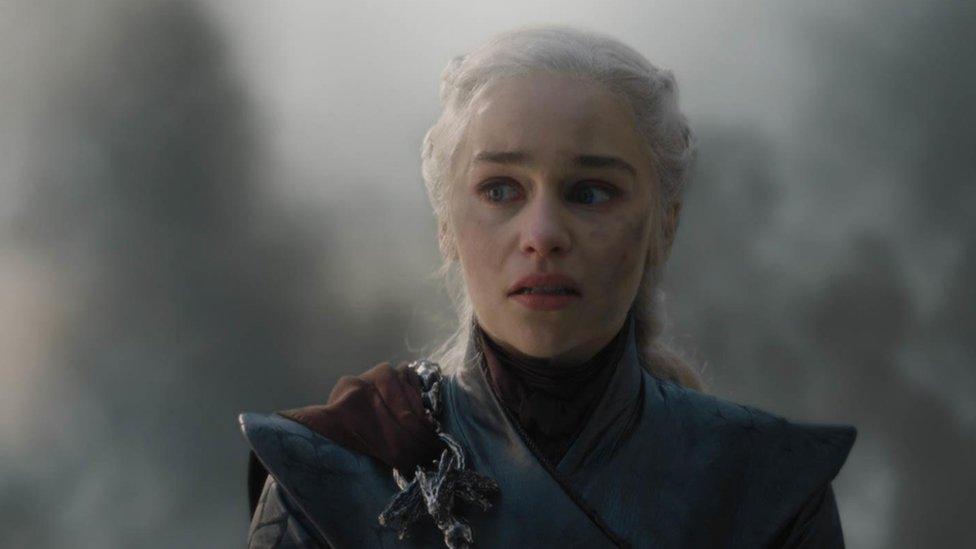
"Burn them all"

Author Melissa Silverstein lamented the demise of Daenerys's character arc. "For the entire series, she talked about her vision of leadership and how she wanted to be different from the men who came before her. But all that was thrown out the window when she spiralled into madness and destroyed King's Landing."
So Daenerys has won the Iron Throne. But at what cost?
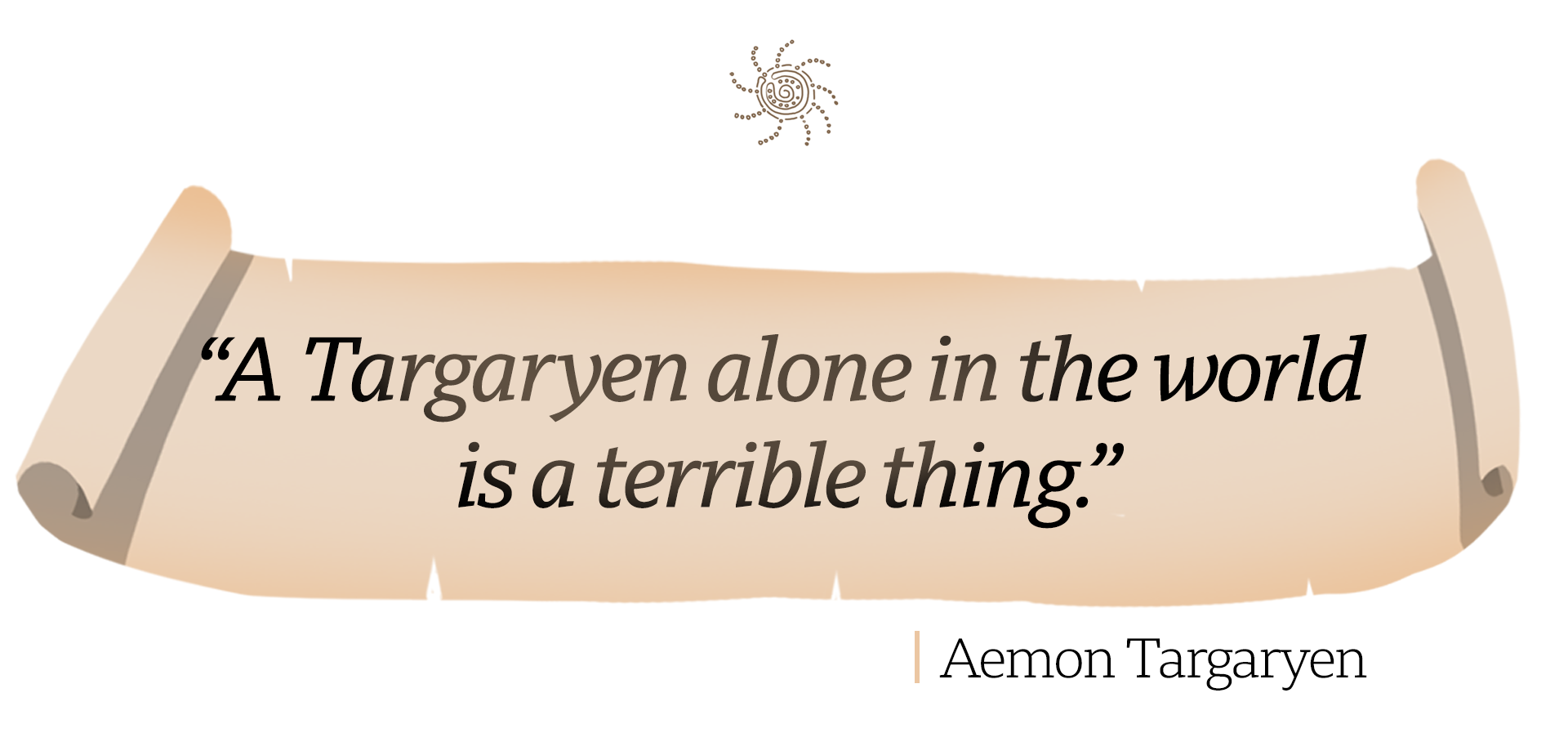
The notion of a mad dragon queen has angered many but pop culture columnist and Targaryen supporter Stephanie Wilson, external highlighted the "double standards" in the show.
"Male leaders like Jon Snow and Tyrion Lannister have executed people and devised plans that led to thousands of deaths (The Battle of the Blackwater). The Baratheon brothers waged bloody wars for a shot at the throne," she said.
"When Daenerys acted, she was deemed mad, power-hungry and violent."
US actress, comic and writer Mindy Kaling added that she would have "done the same".
Allow X content?
This article contains content provided by X. We ask for your permission before anything is loaded, as they may be using cookies and other technologies. You may want to read X’s cookie policy, external and privacy policy, external before accepting. To view this content choose ‘accept and continue’.

But do heroines have to play the role of saviour all the time?
Actress Emilia Clarke defended Daenerys and gave some insight into her character's mindset.
"You could call it Targaryen craziness and give it names it doesn't deserve but it's just grief, it's hurt," she said, external.
"It's so natural for a person to resort to anger and when you feel that much failure, disappointment, shame, hurt and lost love, there's only so much pain you can handle before you snap."
While show runner David Benioff said solitude drove Daenerys to the brink of madness, Bristol-based psychotherapist Michelle Briggs noted the impact of factors like psychological trauma, witnessing deaths and loss of control.
"Every time we judge a person and call him or her mad, we should also take a good look at the people and events who made them that way," she said.

The lioness who never concerned herself with the opinions of sheep
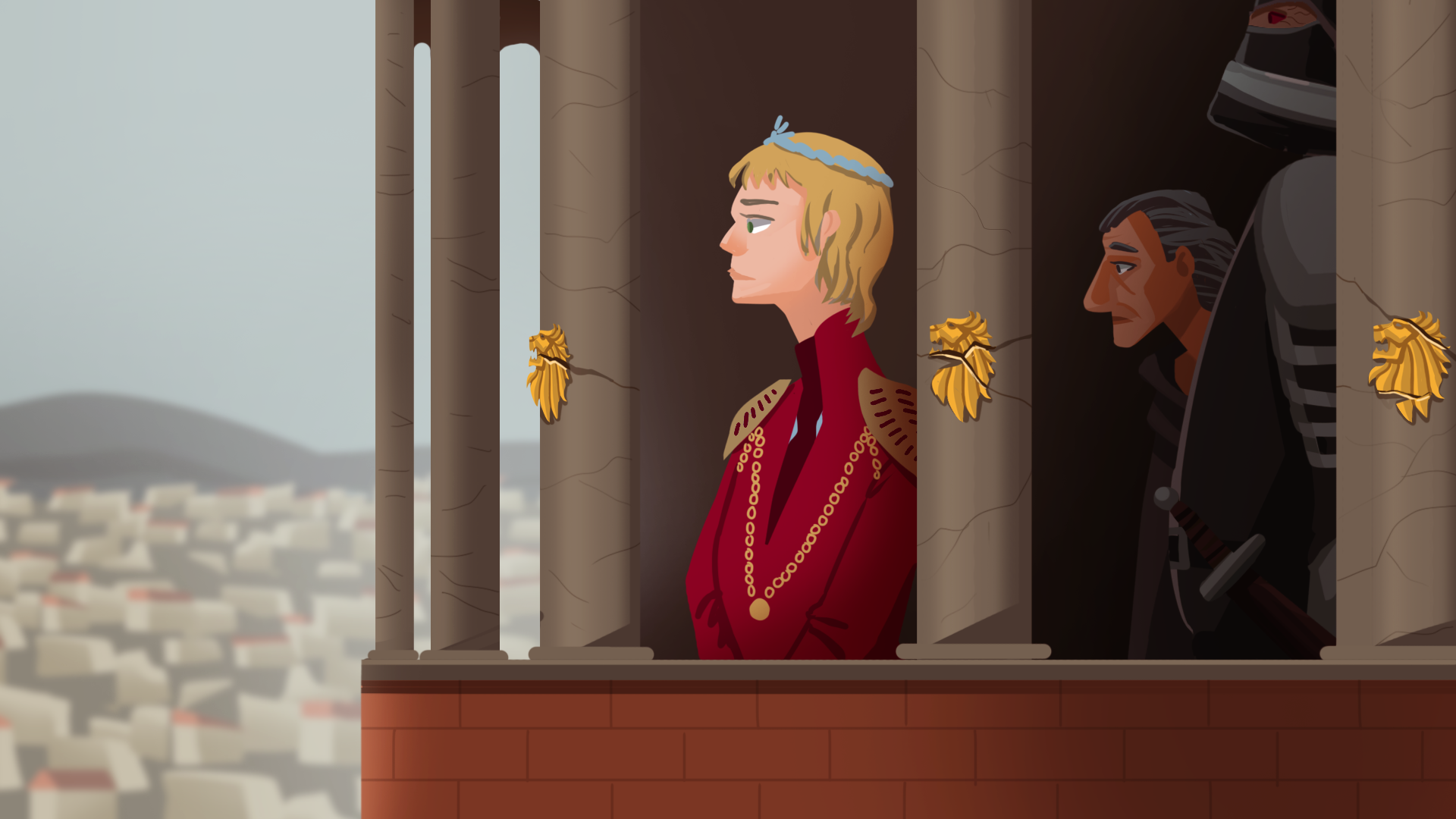

"Queen you shall be. Until there comes another; younger and more beautiful, to cast you down and take all that you hold dear."
An eerie prophecy came true for the show's principal antagonist Cersei Lannister, who met her match and was dethroned by Daenerys Targaryen.
Despite her desperate cling to power, the villainess queen "loses control". Actress Lena Headey summed it up, external.
"Cersei was always destined to be alone. She's destroyed every good alliance, connection and love in her life. And until the very last minute, she was, as ever, in denial of what was actually happening," she said.
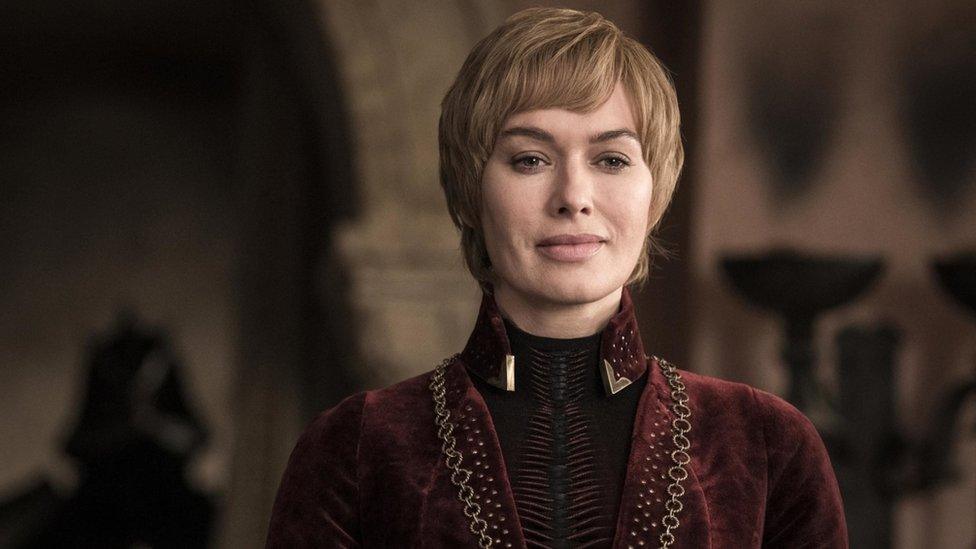
"Whatever stands in our way, we will defeat it"
During her reign it was hard to determine Cersei's impact over the Seven Kingdoms. But there was always something complex about it.
Stephanie Wilson thinks Cersei was also a victim of the system she was raised in.
"Cersei Lannister has harboured resentment over how the patriarchal system in Westeros has kept her from true power for so long, so on some levels, her finally becoming queen was kind of an empowering moment," she said.
"She's a villain to the core but as far as antagonists go, she's been on par with men on the show and deserved a title to match the power she's fought so hard for.
"But her ruthlessness and sadism still made it awkward to feel completely happy for her."
Our condolences to the original Mad Queen. There were worse ways to go and now's a better time than ever to leave Westeros before it gets madder.

The Lady of Winterfell: A true survivor
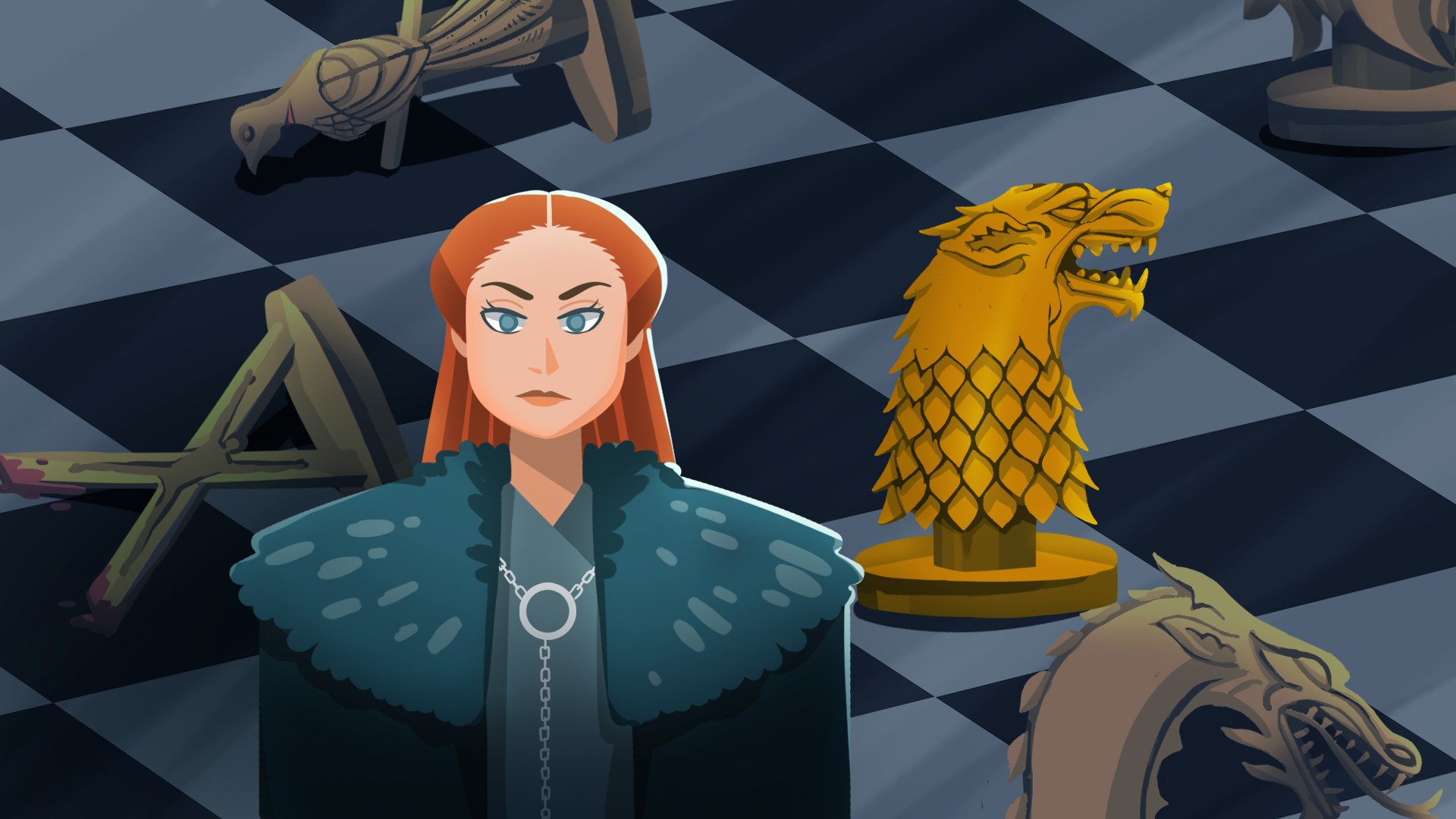

Survivors aren't necessarily the strongest. Often, they are the smartest.
This could not be truer about Sansa, the eldest Stark daughter who lost much of her innocence after witnessing the brutal execution of her father, and learned about the tragic deaths of her mother and brothers.
Trauma, in whatever shape or form, impacts us. Unfortunately for Sansa, she continued to suffer greatly at the hands of men.
Controversial scenes depicting domestic abuse and her marital rape at the hands of ex-husband Ramsay Bolton drew fury from fans. But Sansa refused to be weakened.
She emerged stronger and to her fans, managed to live beyond what other characters on the show have experienced.
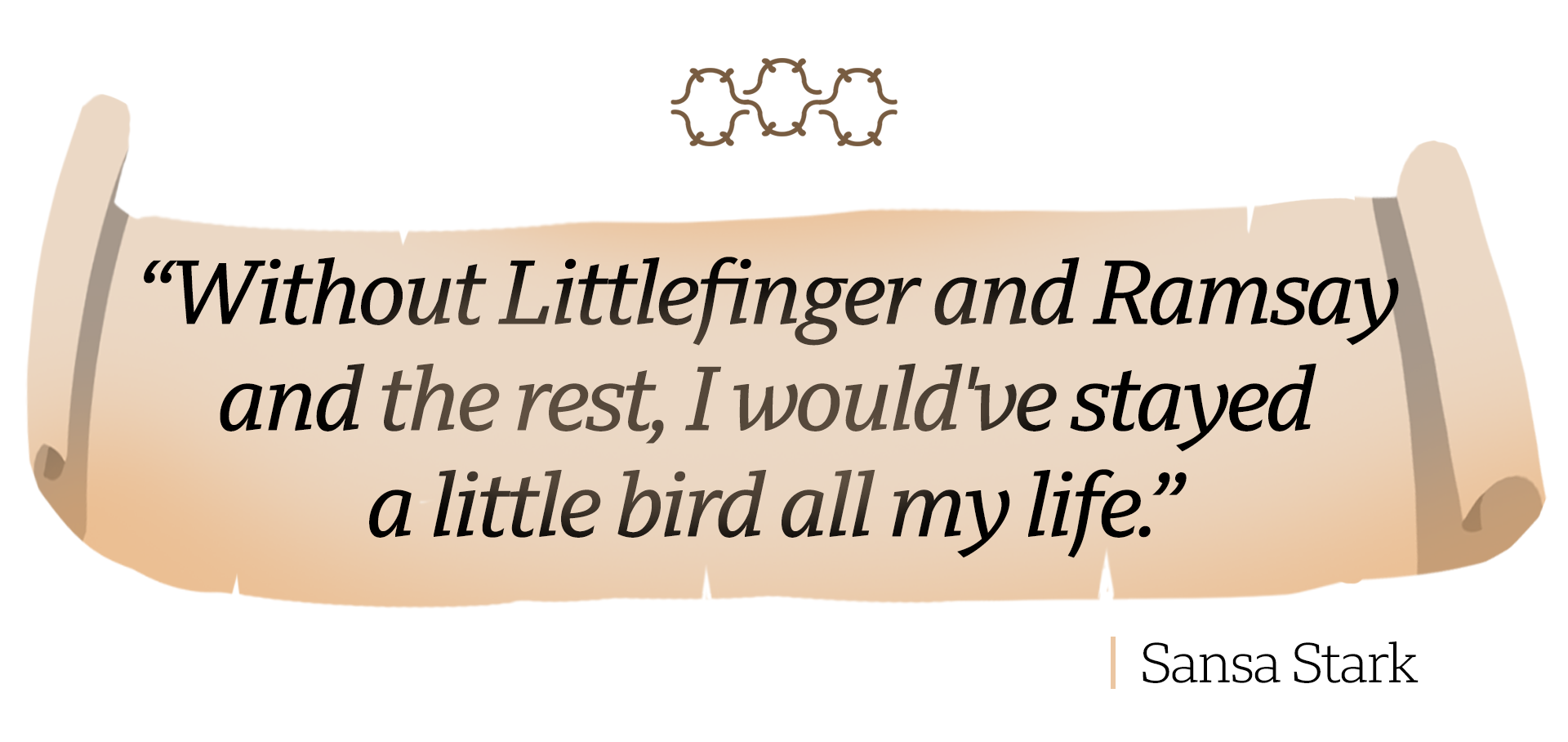
But her arc ignited heated debate among sexual assault survivors, who argued that rape should not be used "as a plot device" to enhance or define female characters.
Media lecturer Dr Stephanie Genz from Nottingham Trent University said it underlined a "sexist logic".
"Women should not have to be abused and 'broken in' before they can acquire resilience or toughness," she told the BBC.
US actress Jessica Chastain said Sansa's "prevailing strength was solely because of her and her alone".
Allow X content?
This article contains content provided by X. We ask for your permission before anything is loaded, as they may be using cookies and other technologies. You may want to read X’s cookie policy, external and privacy policy, external before accepting. To view this content choose ‘accept and continue’.

But despite being a fully-fledged Northern leader, opinions about the Lady of Winterfell remain divisive.
Academic Dr Elizabeth Beaton thinks it could be connected to traditional concepts of masculinity and femininity.
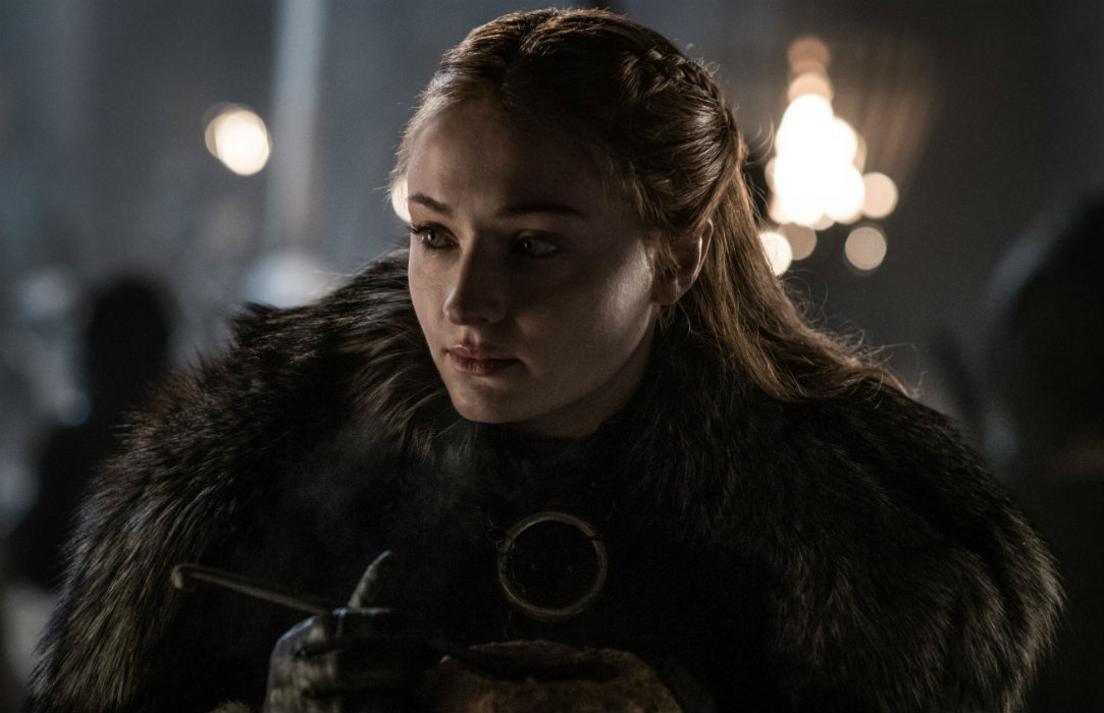
"I am Sansa Stark of Winterfell. This is my home and you can't frighten me"
"Male heroes are typically depicted achieving their goals through action and passivity is often perceived as weakness," she said.
"Sansa's understanding of power came as a survivor rather than as an aggressor."

'Fight like a girl'
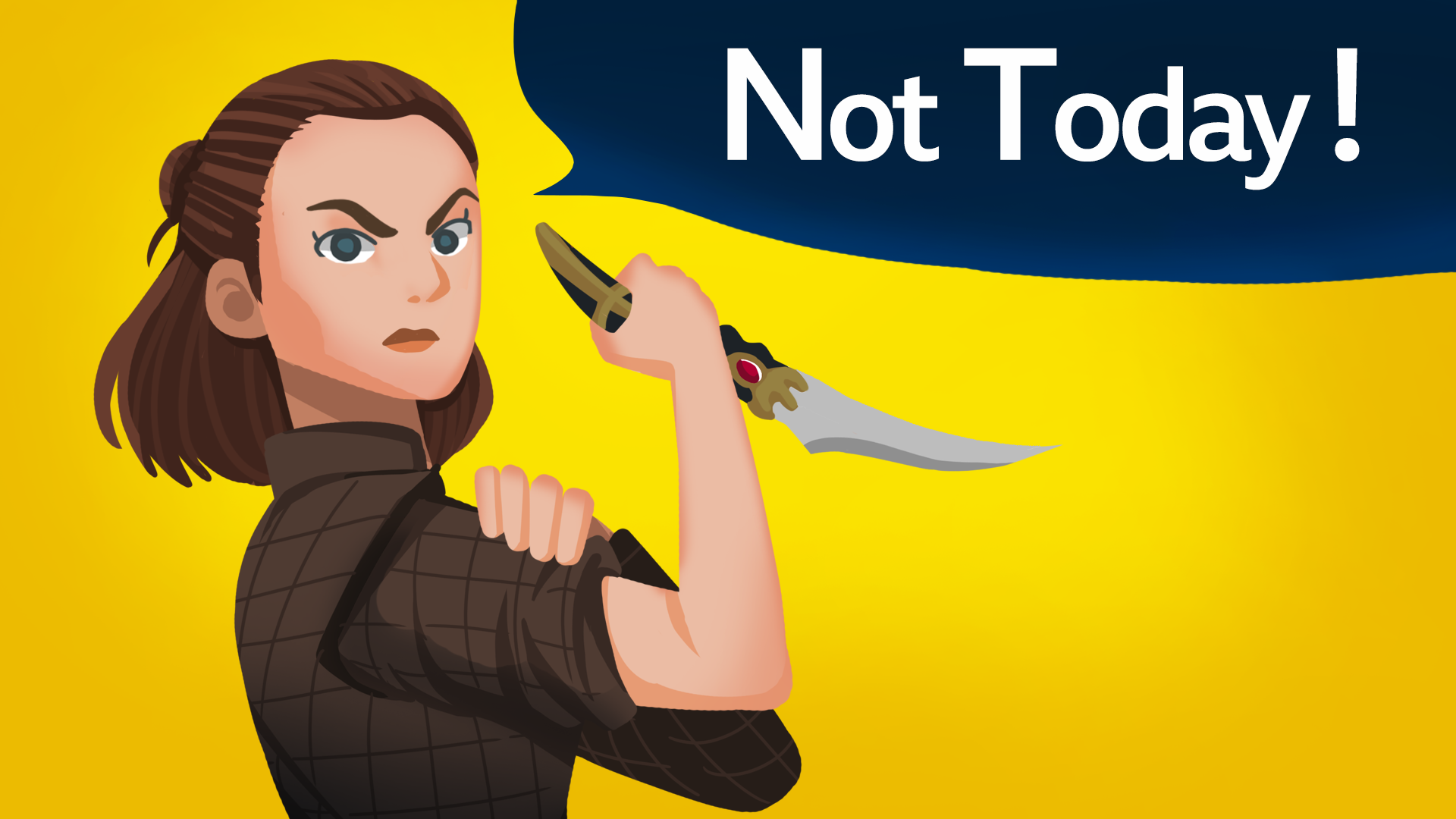

Think only men triumph in battle? Think again.
Jon Snow may have always been tipped as the hero but in the epic, adrenaline-filled showdown between the living and the dead, it was his little sister (cousin) Arya Stark who killed one of the show's biggest baddies.
"Fight like a girl? Yes please," said long-time fan Eileen Ng, who admitted she was expecting Jon to deliver the finishing blow.
"After training as an assassin for years, Arya's performance was testament to how strong and dedicated women are. She deserved every minute of that victory."

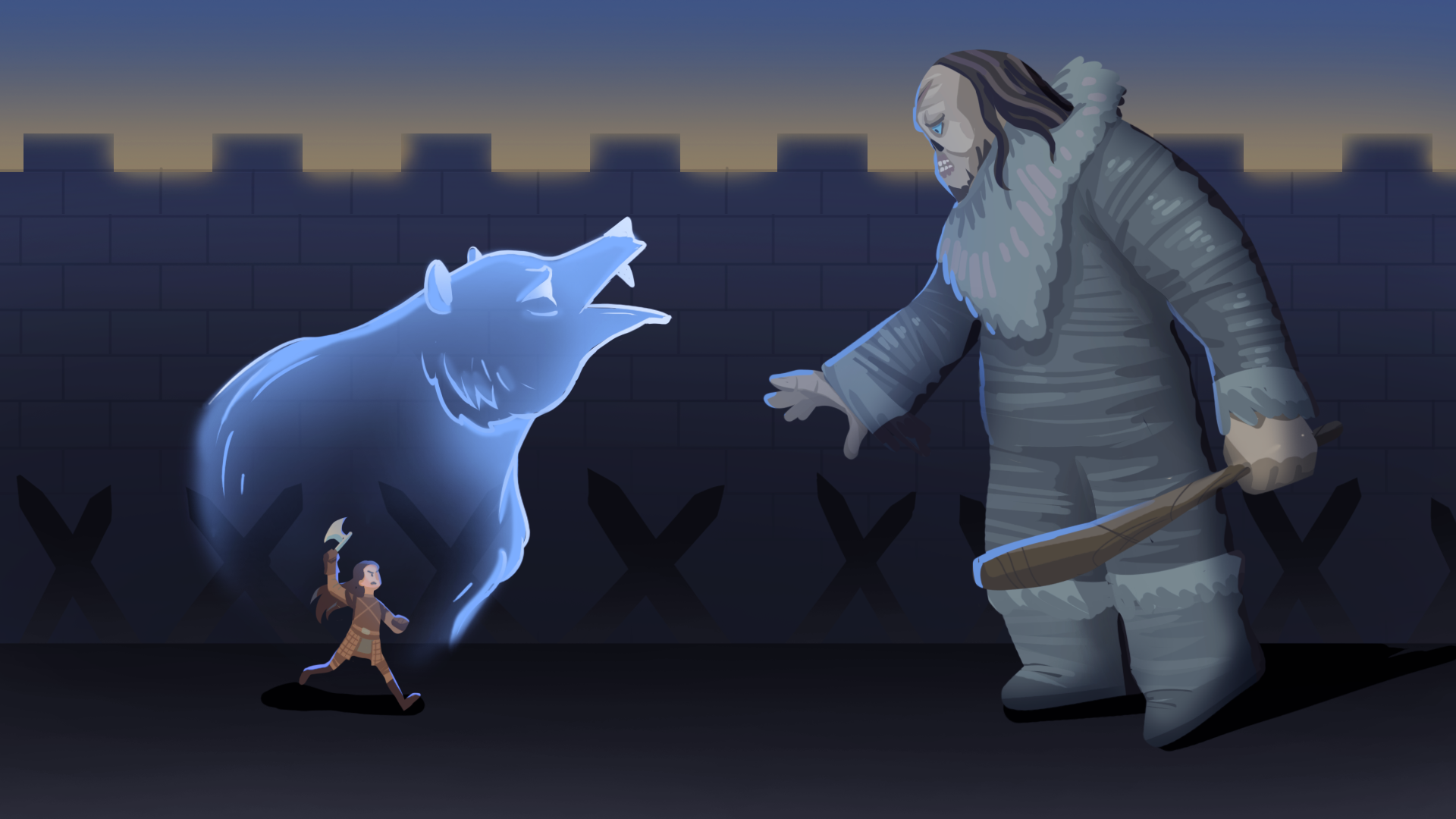

There may have been bigger men on the battlefield that night but among them was another undeniable female MVP [Most Valuable Player]. Viewers went wild and cheered for Lady Lyanna Mormont, who took down an opponent more than five times her size: a horrifying ice zombie giant.
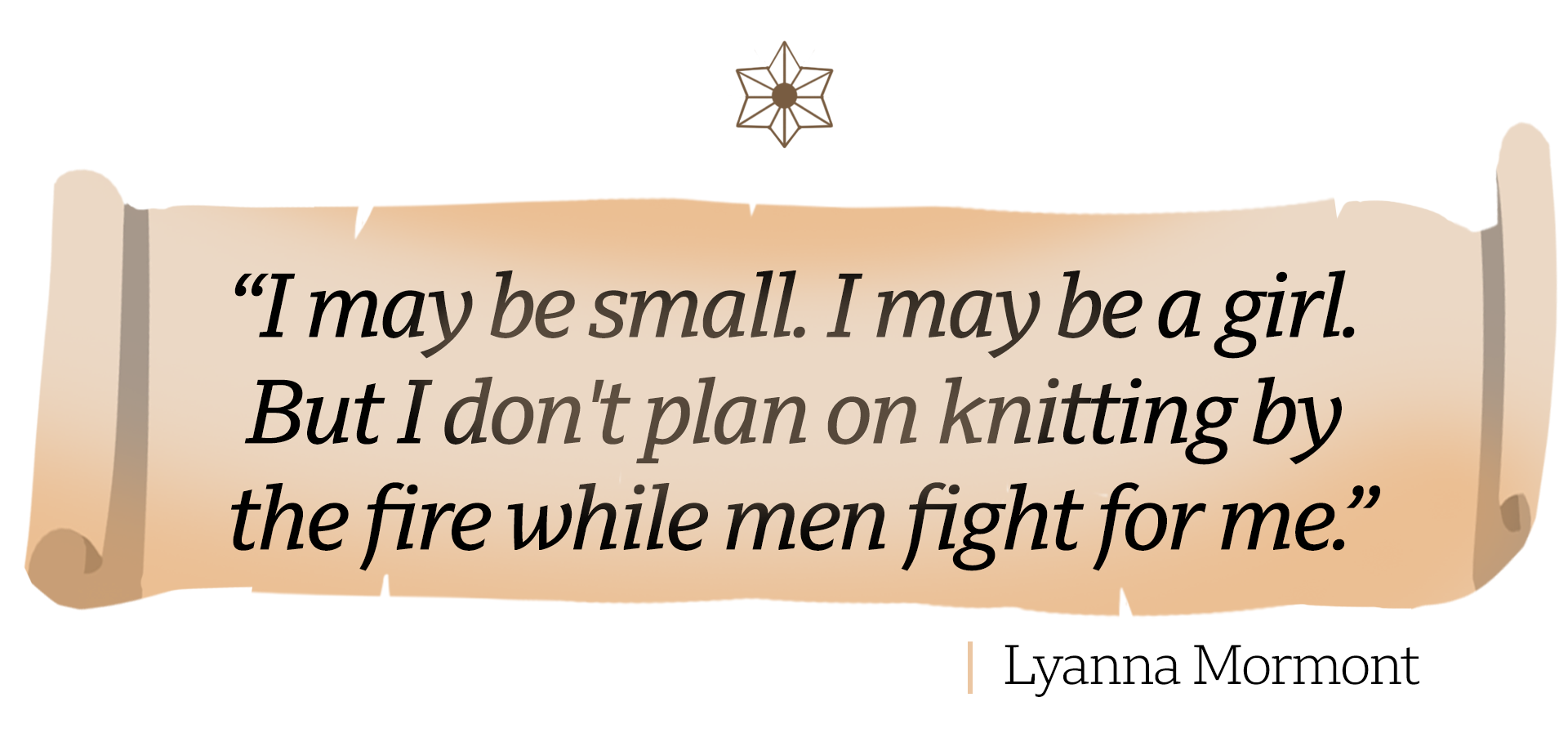
"The tiniest warrior proved she was a bigger hero than the grown men around her," wrote a fan on Facebook.
Blogger Ani Bundel was full of praise for 16-year-old English actress Bella Ramsay, who portrayed the feisty young leader of Bear Island.
"It was great casting on HBO's part," she said. "Lyanna Mormont stole every scene and when her time was up, she was awarded a David and Goliath ending."

A female knight of the Seven Kingdoms
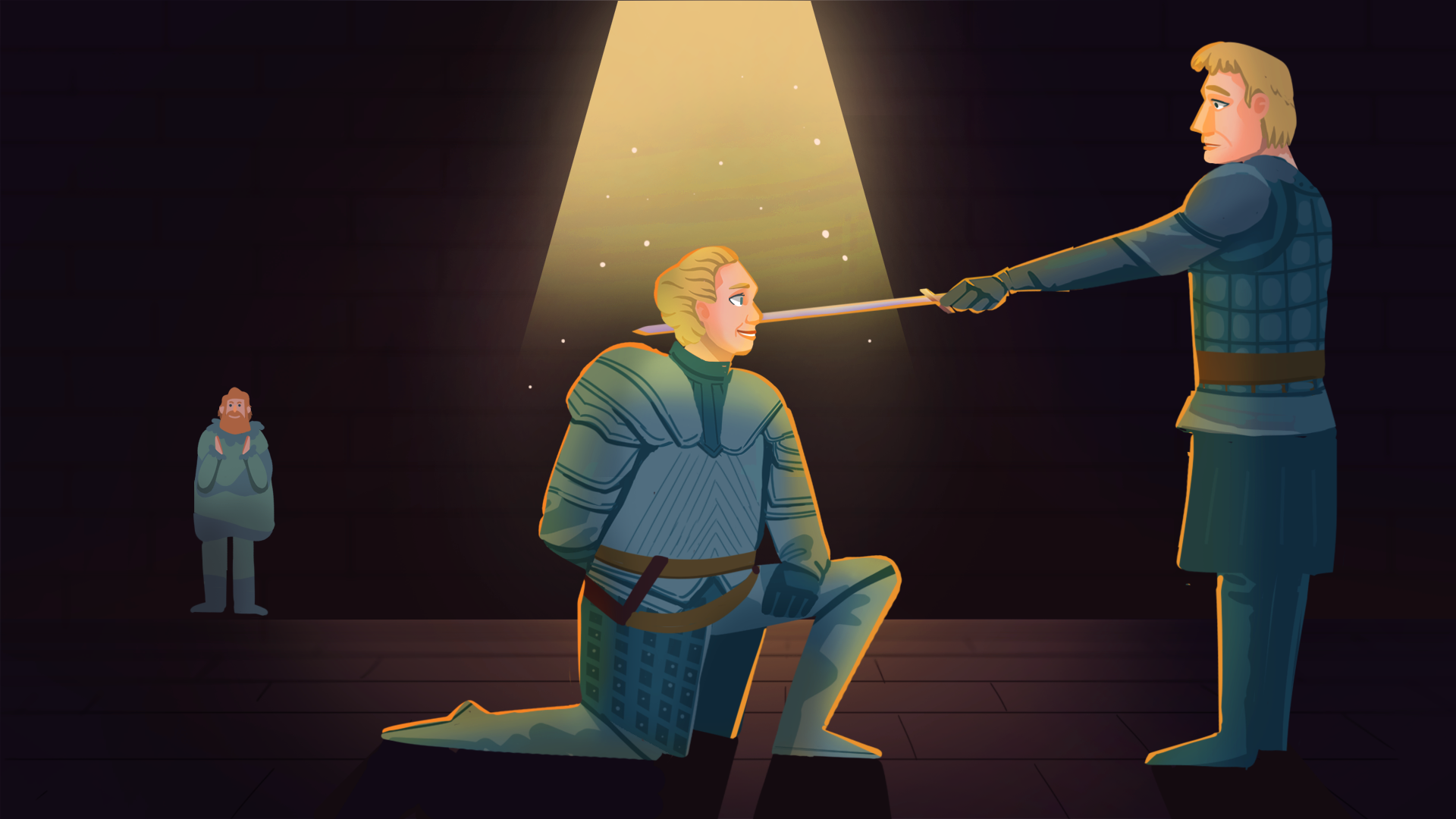

Chivalry in the Seven Kingdoms isn't quite what you'd think.
Female knights are virtually unheard of in Westeros, where misogyny and patriarchy thrive.
But Brienne of Tarth and her female-centric arc proved to be a game changer in the show's final season when she received her knighthood from Kingslayer Jamie Lannister.
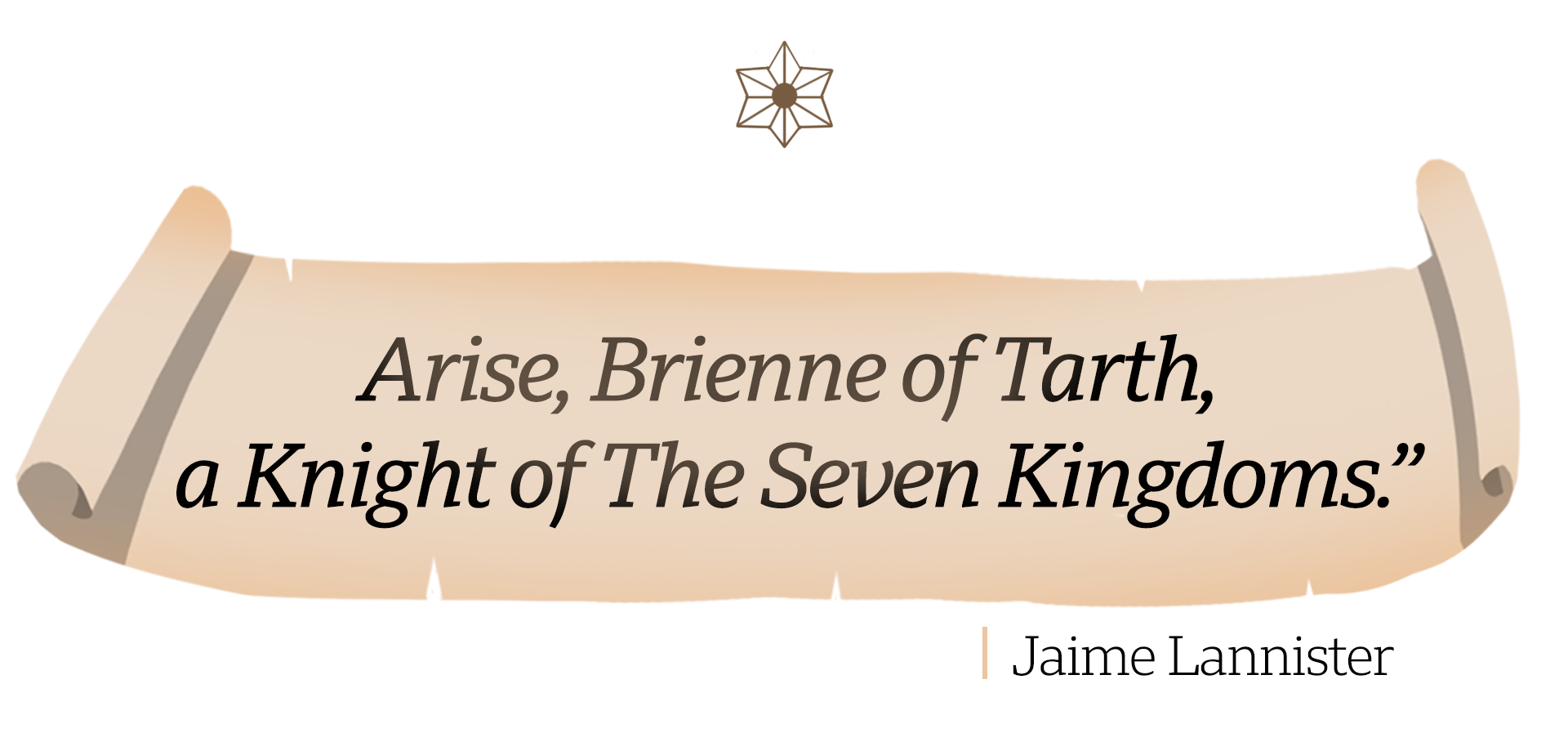
"Brienne has always been more deserving than other knights on the show but she wasn't knighted because she's a woman. She always deserved to become one and gender should not come in the way of it," said Stephanie Wilson.
Blogger Chloe Ketchum described the scene as one of the show's most emotional.
"Brienne's journey has always been about accepting and staying true to yourself and seeing her buck traditional gender norms was great."
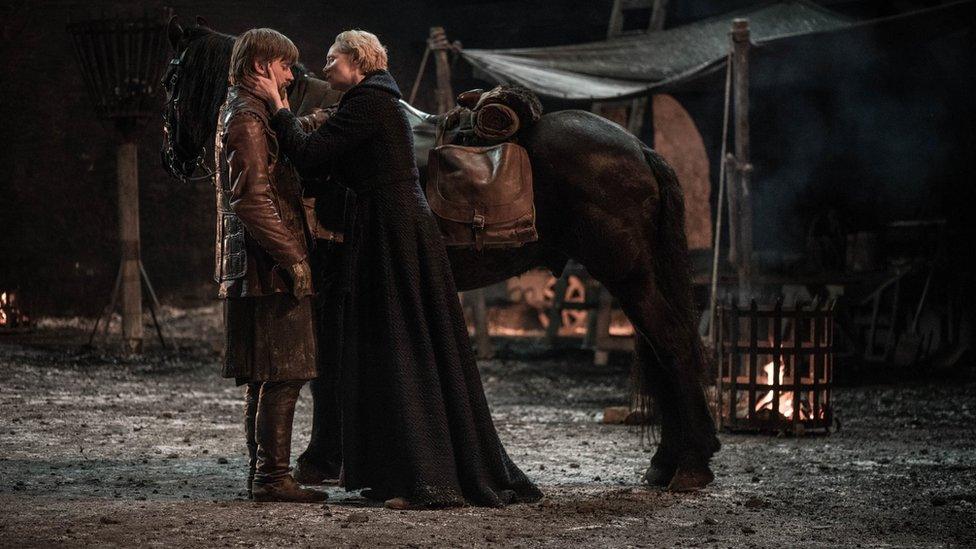
"You're a good man, you don't need to die with her"
The only thing this new knight did not need however, was fixing her virginity. "Her situation with Jamie was especially egregious," said Wilson.
"Strong women are entitled to emotion but the show runners clearly exploited her vulnerability to propel the plot of a man."

Red dead redemption
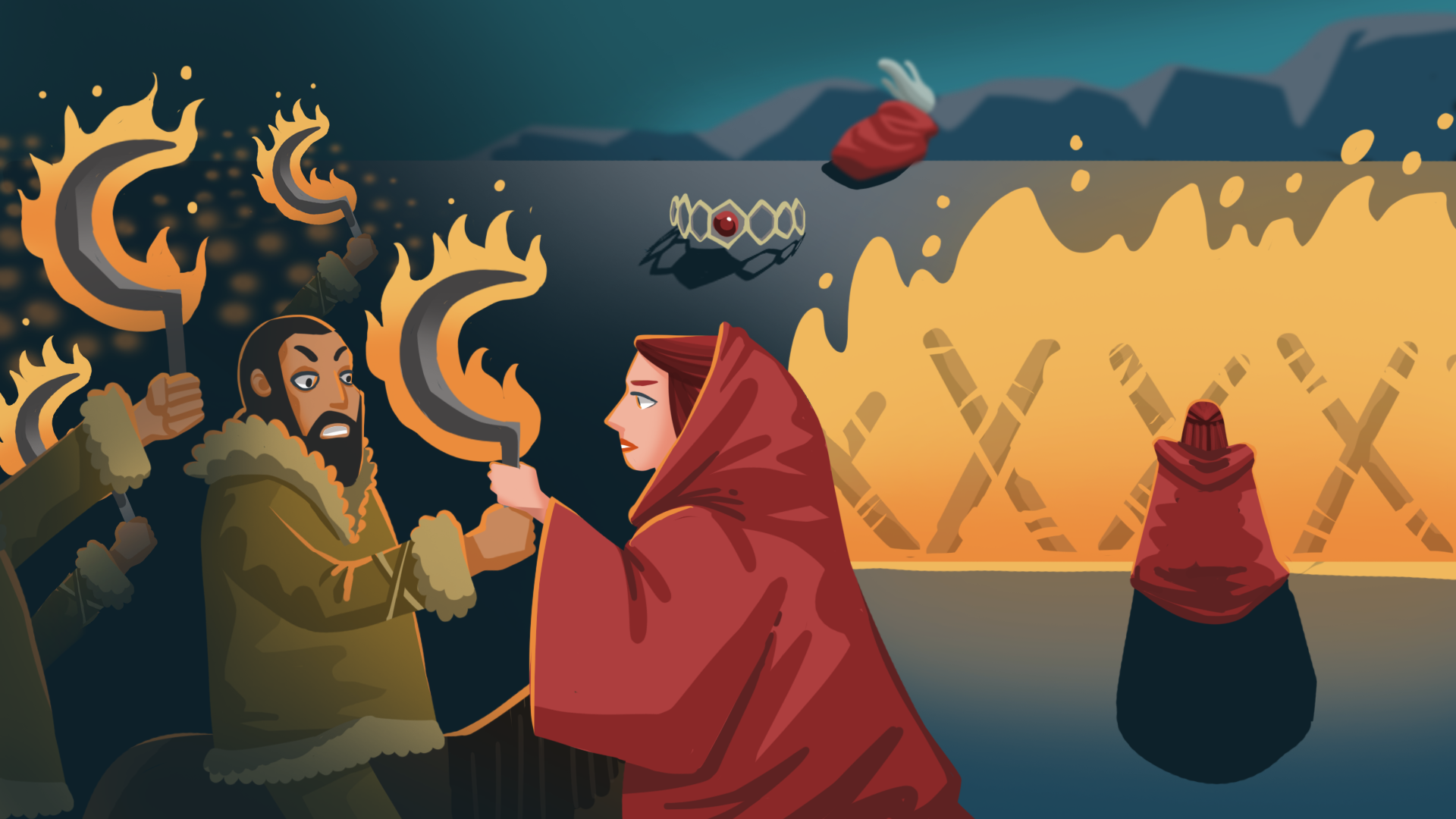

Everybody loves a bad boy but what about a villainess?
Melisandre is no antagonist but it is certainly fair to say many fans did not take kindly to her.
She was, after all, responsible for the burning of a young child alive. Actress Carice van Houten even received death threats after that ghastly deed aired.
"Firstly Melisandre is a witch so you could say that she was always set up to be hated," remarked Singapore-based feminist writer Wenny Yeo.
"She was also definitely power-hungry and made bad mistakes but there are worse things one can do on a show like Game of Thrones."
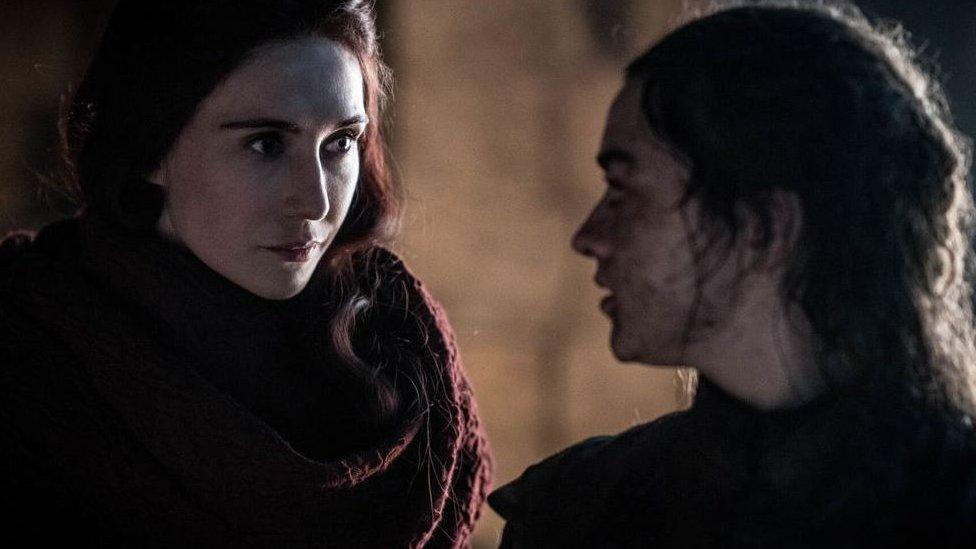
Remember what we say to the God of Death?
The controversial character has since redeemed herself in the eyes of fans when she came to the aid of the North.
The Red Woman's failed prophecies were soon forgotten when her fire magic lit up the Dothraki armies and wooden trenches.
Her motivational pep talk with Arya Stark was even credited with winning the great war.
There's no denying she wrought a lot of pain but sometimes, fickle fans are the problem.
Prolific author Stephen King said he'd loved the final series, external, adding: "There's been a lot of negativity about the windup, but I think it's just because people don't want ANY ending. But you know what they say: All good things..."

Let's talk about sex
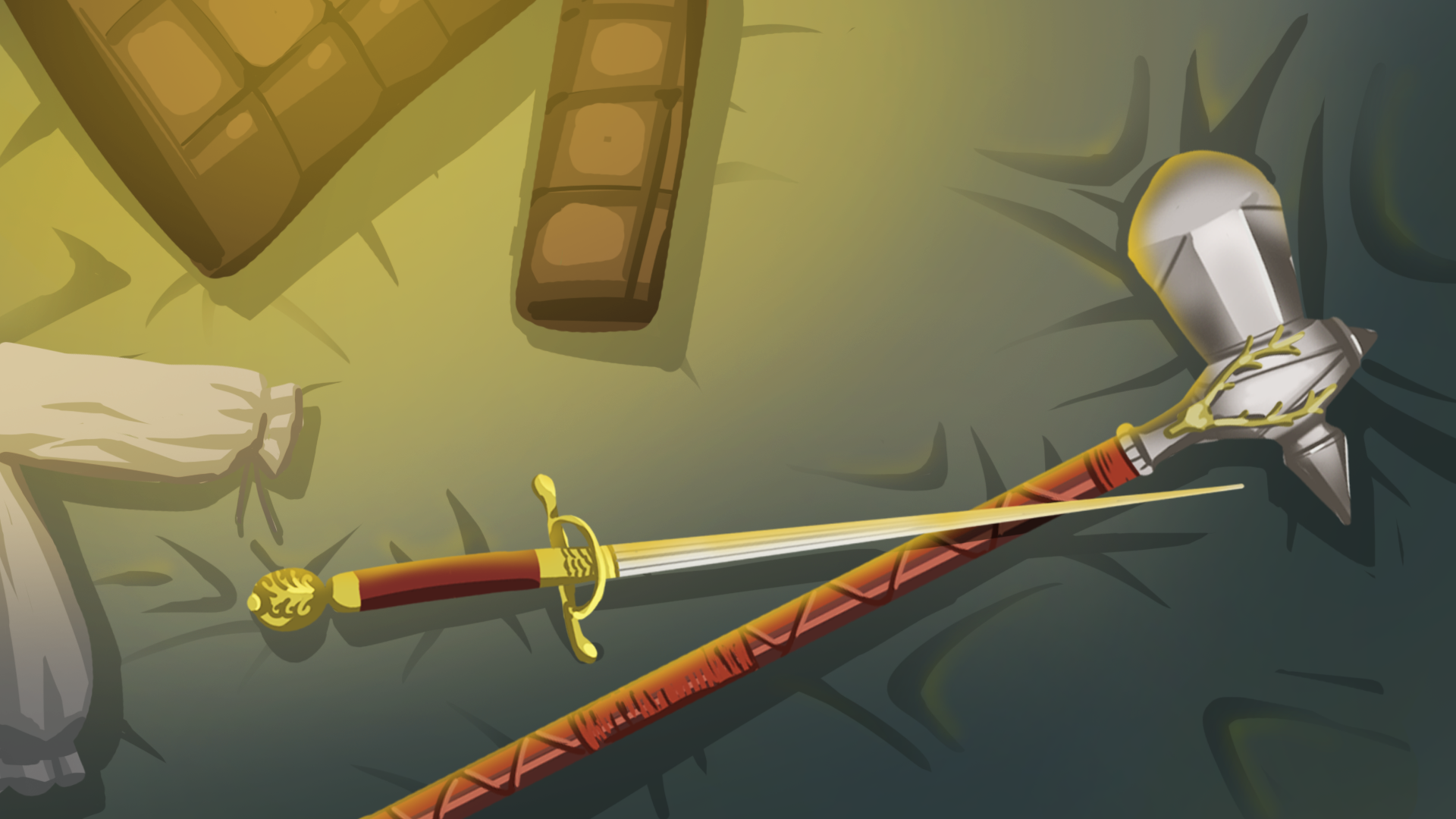

Game of Thrones is no stranger to criticism. Ever since its start in 2011, the show has been widely criticised for perpetuating rape, sexual violence and objectifying women - amid accusations that it panders to male audiences.
"From the unclothing of only women during many of the sex scenes to shots of naked female sex workers, the show has overwhelmingly shot its scenes through the male gaze," said Dr Beaton.
Other critics believe the problem lies with the lack of female writers on the show, having seen only one woman director in the past eight years.
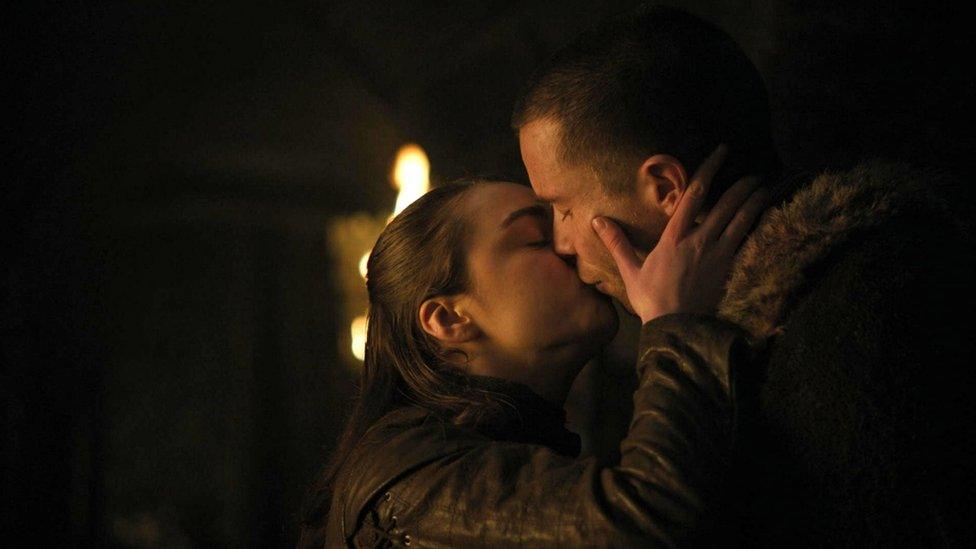
As the late Robert Baratheon once said: "I have a son, you have a daughter. We'll join our houses"
But this changed with Arya Stark who brought another victory when she decided to lose her virginity, on her own terms. Fans applauded the young assassin for showcasing female empowerment.
"Arya sleeping with Gendry Baratheon was one of the least offensive sex scenes in the show's entire history," wrote a fan on a Facebook thread. "It showed that it was okay and natural for young women to want to have sex."
Dr Genz added that the encounter "was not a power move and was entirely consensual". "Arya's subsequent rejection of a marriage proposal from Gendry also indicated her refusal to be "domesticated".
One small step for a young assassin, one giant leap for womankind in Westeros.

Graphics by Davies Surya of the BBC's Visual Journalism team, with contributions by Mayuri Mei Lin in Jakarta.
.
- Published16 May 2019
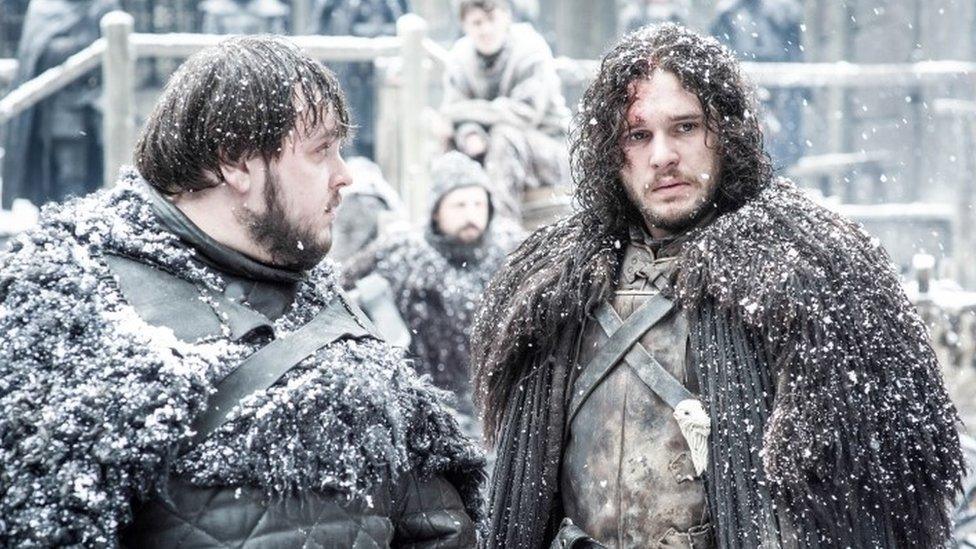
- Published15 April 2019

- Published30 April 2019
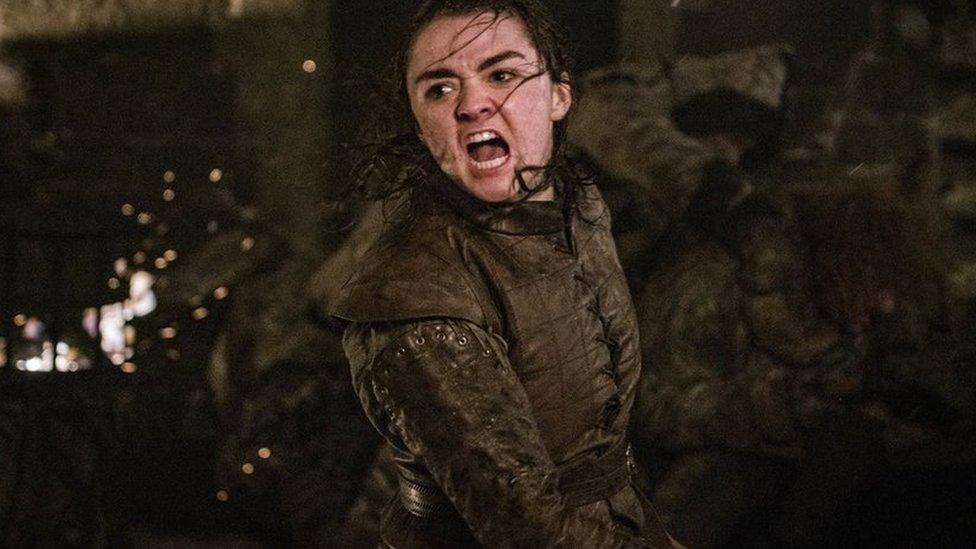
- Published31 October 2019
